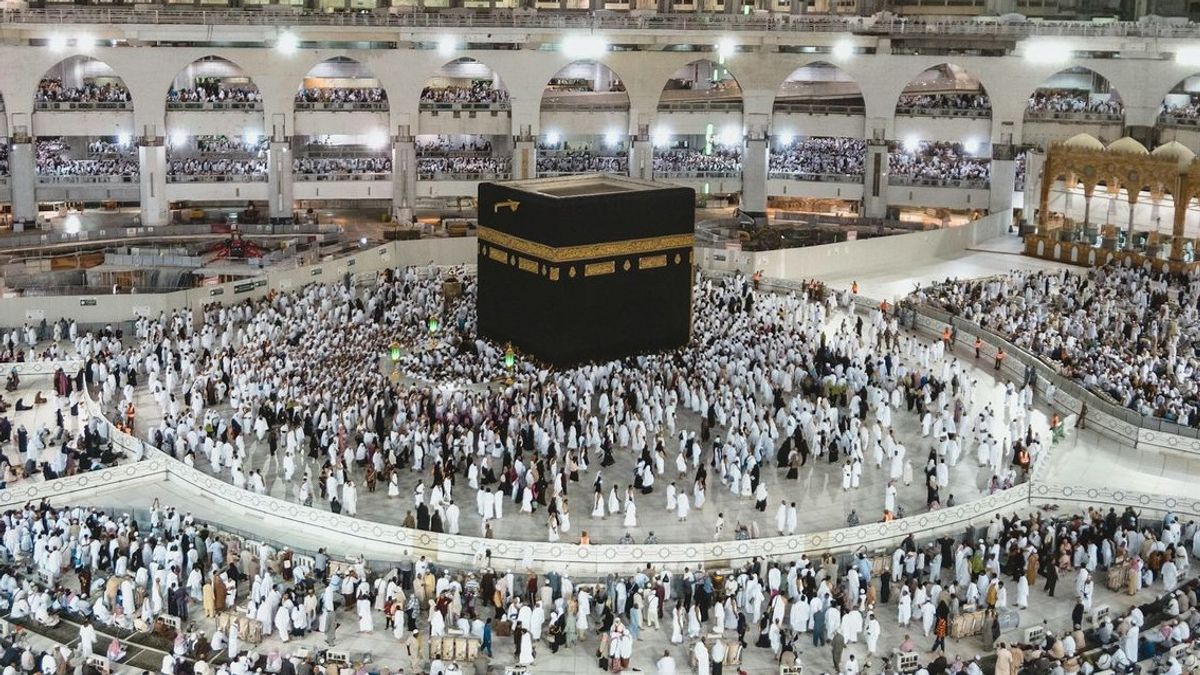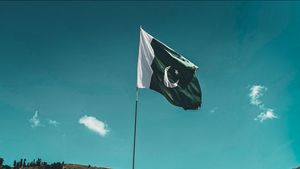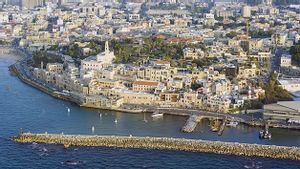JAKARTA - The World Health Organization (WHO) collaborated with Saudi Arabia by taking the initiative to attend the Hajj health card to support around 3 million Muslims carrying out the Hajj pilgrimage.
Hajj health cards are known to be digital medical devices made on the WHO Global Digital Health Certification Network. The card can safely summarize important health information, including the needs of congregational medicine, allergies, immunization status, and pre-existing conditions.
"Congregants can share their health information through authorized medical service providers, ensure access to an accurate and up-to-date summary of patients and aim to facilitate personalized and high-quality health care during the pilgrimage," the statement said.
"Today marks important progress in WHO support for Member States to expand access to digital medical devices that are more secure and individual-centered so that people can increase their access to quality health care whenever and wherever they need it," WHO Chief Scientist Jeremy Farrar said in a statement, quoted by Antara, Tuesday 22 October.
"We are grateful for the extraordinary cooperation with the Kingdom of Saudi Arabia, participating countries, and the WHO Regional Office for the Eastern Mediterranean, and look forward to continuing to provide support in building capacity and infrastructure in countries that are turning to more digital health systems," Farrar added.
SEE ALSO:
Hajj is the "largest pilgrimage" in the world, attracting nearly 3 million Muslims from more than 180 countries each year to perform worship in Makkah, Saudi Arabia.
WHO underlined, adding that the trial phase carried out in 2024 shows that this practice improves the safety and quality of the care of the congregation when carrying out the hajj.
The English, Chinese, Japanese, Arabic, and French versions are automatically generated by the AI. So there may still be inaccuracies in translating, please always see Indonesian as our main language. (system supported by DigitalSiber.id)




















